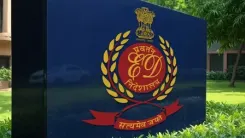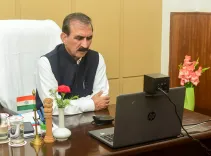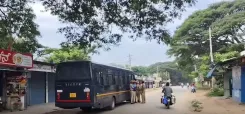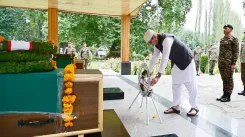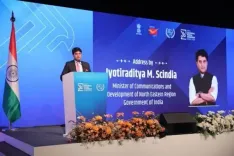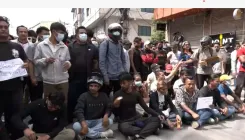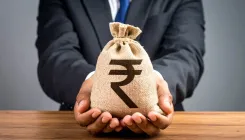Why is Rahul Gandhi Calling on PM Modi for a Relief Package for Border Areas Affected by Pakistani Shelling?
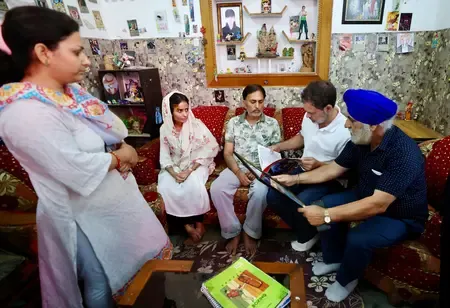
Synopsis
Key Takeaways
- Rahul Gandhi calls for immediate relief for border residents
- 14 civilians lost their lives in Poonch due to shelling
- Significant destruction to homes and infrastructure
- Emphasis on community resilience and peace
- Urgent need for government intervention
New Delhi, May 29 (NationPress) The Leader of the Opposition in the Lok Sabha, Rahul Gandhi, has reached out to Prime Minister Narendra Modi, urging him to implement a comprehensive relief and rehabilitation plan for residents in border regions impacted by Pakistani shelling.
In his correspondence, Rahul Gandhi highlighted his recent trip to Poonch district in Jammu and Kashmir, where 14 civilians, including four children, tragically lost their lives and many others were injured due to cross-border shelling.
“During my visit to Poonch, I witnessed the aftermath of Pakistani shelling, which resulted in the deaths of 14 individuals, including four children, and left numerous others injured. This sudden and indiscriminate attack has led to significant destruction in civilian neighborhoods,” he noted.
He detailed the extensive devastation caused by the shelling, pointing out that hundreds of homes, businesses, schools, and places of worship have been severely affected. “I spoke with many victims who expressed that years of hard work and savings were wiped out in an instant,” remarked the Congress leader.
Rahul Gandhi also acknowledged the resilience and peaceful nature of the communities residing in these border districts.
“The citizens of Poonch and other border areas have coexisted in peace and harmony for decades. Now, as they face such a profound crisis, it is our shared duty to recognize their suffering and offer them the necessary support to rebuild their lives,” he stated.
He called for immediate government intervention and urged PM Modi to devise “a robust and generous relief and rehabilitation package” that extends beyond Poonch to all regions suffering due to Pakistani shelling.
On May 24, Gandhi visited the affected areas of Poonch, where he interacted with grieving families and local residents who have endured loss of life and property.
During his visit, he assured the community that he would elevate their concerns to the national platform.
Both Poonch and Rajouri districts have experienced recurrent shelling from across the border, resulting in fatalities and widespread property damage.

